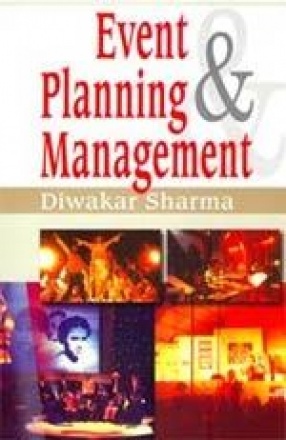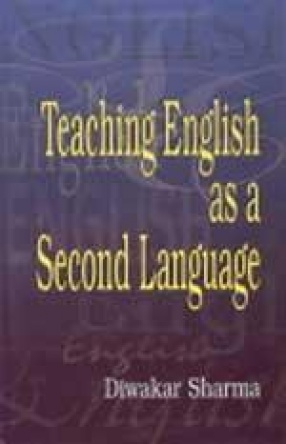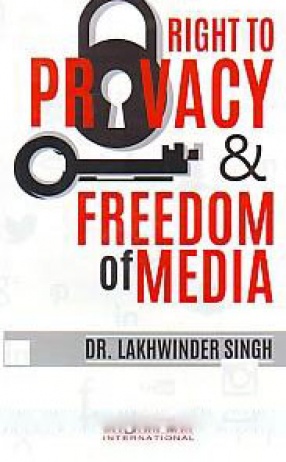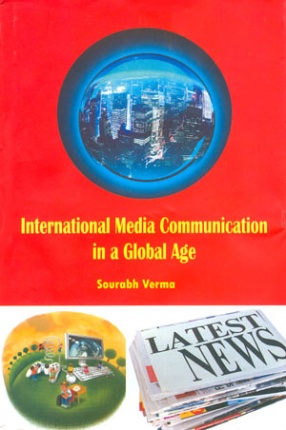Modern Journalism: Reporting and Writing
Synopsis
Journalism as a vocation seems to be adventurous to majority of the individuals who has nothing to do with the professionalism behind every success story. This is certainly not an area where by mere cramming the principles and by following certain predefined guidelines any individual aspirant would ever succeed. With advent of globalization the culture and trends of the media have certainly changed to an extent which none of us ever expected. Aspirant journalists have to prove themselves by reporting exactly what is important for the target audience to know about the incidents and developments taking place regionally and internationally. Reader must be informed about the good and the bad work done by the media without any bias. Economic constraints have certainly forced media men to act as ombudsmen of big business tycoons, socialites and politicians and all this is taking place for just remaining in existence. Journalism, Lippmann declared, was being practiced by “untrained accidental witnesses.†Good intentions, or what some might all “honest efforts†by journalists, were not enough. Faith in the rugged individualism of the tough reporter, what Lippmann called the “cynicism of the trade,†was also not enough. Nor were some of the new innovations of the times, like bylines, or columnists. But still no one knows what might be accepted by the public at large and what might be criticized by the majority of the target audience. If any reporter works in a style to please the reader or the target audience then the real sense of journalism and journalistic style of writing would be defeated and this is something which professionals do not want to take place. New aspirants must see that they provide the audience what really is important for them to know rather than something cheap which the audience might like to appear in the media despite its futility. Every time a newspapers lays out a front page, or a TV station puts together a broadcast, it is doing more than determining where and how stories should be played. It is in some ways expressing a theory about how people interact and learn from the news. Story slots and lengths are normally chosen to imitate the many aspects of the community and the larger world, not just a tapered set of interests. And as an outcome, while the journalists may not think of them this way, these decisions are expressions of theories of democracy. This book will be essential reading for all aspirants of journalism, mass communication and media studies.
Read more
65.70
59.13
$
73.00 $
Free delivery Wolrdwidе in 10-18 days
Ships in 1-2 days from New Delhi
Membership for 1 Year $35.00
Get it now and save 10%
Get it now and save 10%
BECOME A MEMBER











Bibliographic information